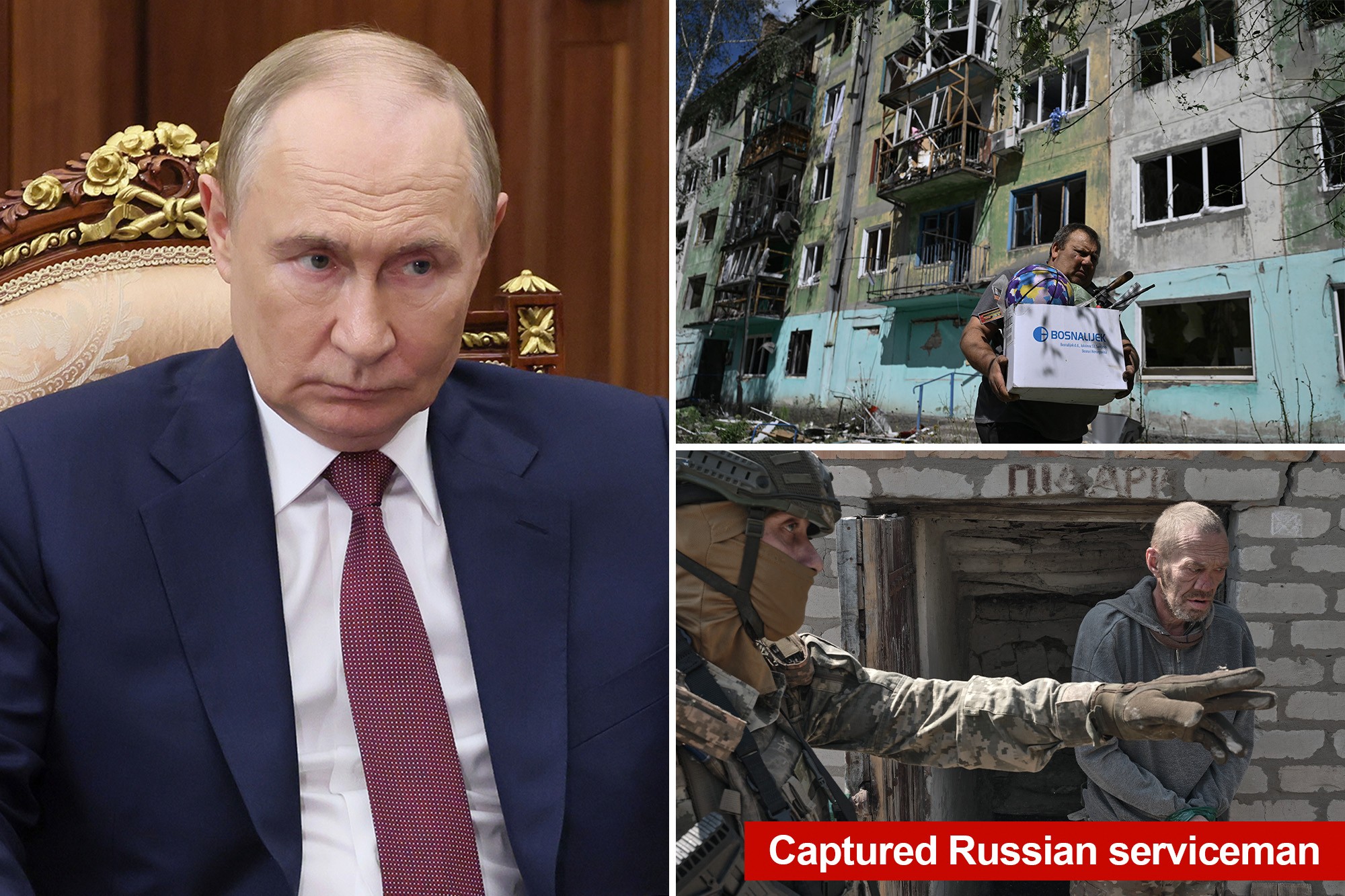Russian President Vladimir Putin has reportedly expressed to Donald Trump his belief that Russian forces could seize the long-contested Donetsk region by October if Ukraine does not agree to cede the territory as part of a proposed peace deal. This assertion has been met with skepticism, given that Russia has struggled to gain control over this area for over a decade.
While some intelligence assessments suggest that Russia may capture the remaining 30% of Donetsk currently under Ukrainian control, experts from the Institute for the Study of War (ISW) highlight the Kremlin’s historical failures in the region. According to George Barros, the head of ISW’s Russia team, achieving full control over Donetsk would take approximately 475 days, extending well into December 2026. He characterized Putin’s deadline of October as overly optimistic.
Ukrainian officials have dismissed the notion that they could lose Donetsk so soon. An American serving in the Ukrainian Armed Services remarked, “Donetsk by October? They’ve been saying that since February of 2022.”
Putin’s demands, articulated during a recent meeting with Trump in Alaska, extend beyond Donetsk to include the regions of Luhansk, Crimea, Zaporizhia, and Kherson. Ukrainian President Volodymyr Zelensky has publicly ridiculed the idea of surrendering territory, where Ukrainian forces have successfully repelled Russian advances despite being outnumbered and outgunned.
Negotiations surrounding Donetsk are considered critical, with a source familiar with the discussions stating, “Every issue is an ancillary issue, except Donetsk.” This reflects the strategic importance of the region in the ongoing conflict.
Over the past year, Moscow has attempted multiple campaigns to capture the remainder of Donetsk, yet these efforts have resulted in minimal territorial gains of just over six miles. The ISW noted that even the recent capture of the town of Toretsk on August 1 came after 14 months of intense fighting, with Russian forces struggling to maintain their hold on the territory.
Barros emphasized that Russia’s military operations typically intensify during the summer months but are likely to slow down with the arrival of fall and muddy conditions. He stated, “Russia won’t be able to sustain this push,” indicating that the Kremlin’s current momentum may not last.
The challenges faced by Russian forces are evident in their attempts to take the city of Avdiivka. A US military veteran, known by the callsign “Jackie,” highlighted that it took Russian forces from 2017 to 2024 to conquer Avdiivka, despite overwhelming firepower. Jackie described the lopsided nature of the conflict, noting, “During the lulls, they were shooting 15-to-1, and it still took them 10 months.”
Following their claimed success in Avdiivka, Russian forces have focused on the strategic city of Pokrovsk, essential for logistics in eastern Ukraine. Despite claims of progress last week, Ukrainian defenses have proven resilient, resulting in significant Russian casualties.
Zelensky and his military leaders maintain that Ukraine still holds key cities such as Sloviansk and Kramatorsk, which form a “fortress belt” protecting the Donbas region. Kyiv officials assert, “Russia’s capture of the entire Donetsk region — including Sloviansk and Kramatorsk — by October is impossible given the scale of losses.”
Current estimates indicate Russian forces are suffering approximately 1,200 casualties per day. Jackie reiterated the resolve of Ukrainian soldiers, stating, “If you think Ukrainians are going to give up Kramatorsk and Sloviansk, I suggest asking a Texan if Davy Crockett should have given up the Alamo.”
Despite suggestions from the Trump administration that Ukraine may need to concede land to broker peace, Kyiv remains firm in its stance that territories not currently occupied by Russian troops are non-negotiable. A Kyiv official stated, “It’s not acceptable, but we don’t want to be the person who said ‘no,’ because for us, it’s important to go forward [with the US].”
The conflict continues to evolve, with both sides bracing for the coming months as they navigate a complex landscape of military strategy and diplomatic negotiations.








































































